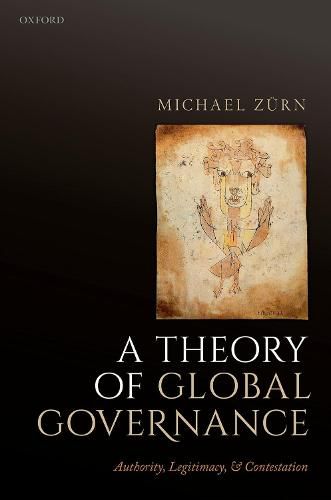Readings Newsletter
Become a Readings Member to make your shopping experience even easier.
Sign in or sign up for free!
You’re not far away from qualifying for FREE standard shipping within Australia
You’ve qualified for FREE standard shipping within Australia
The cart is loading…






This book offers a major new theory of global governance, explaining both its rise and what many see as its current crisis. The author suggests that world politics is now embedded in a normative and institutional structure dominated by hierarchies and power inequalities and therefore inherently creates contestation, resistance, and distributional struggles. Within an ambitious and systematic new conceptual framework, the theory makes four key contributions. Firstly, it reconstructs global governance as a political system which builds on normative principles and reflexive authorities. Second, it identifies the central legitimation problems of the global governance system with a constitutionalist setting in mind. Third, it explains the rise of state and societal contestation by identifying key endogenous dynamics and probing the causal mechanisms that produced them. Finally, it identifies the conditions under which struggles in the global governance system lead to decline or deepening.Rich with propositions, insights, and evidence, the book promises to be the most important and comprehensive theoretical argument about world politics of the 21st century.
$9.00 standard shipping within Australia
FREE standard shipping within Australia for orders over $100.00
Express & International shipping calculated at checkout
This book offers a major new theory of global governance, explaining both its rise and what many see as its current crisis. The author suggests that world politics is now embedded in a normative and institutional structure dominated by hierarchies and power inequalities and therefore inherently creates contestation, resistance, and distributional struggles. Within an ambitious and systematic new conceptual framework, the theory makes four key contributions. Firstly, it reconstructs global governance as a political system which builds on normative principles and reflexive authorities. Second, it identifies the central legitimation problems of the global governance system with a constitutionalist setting in mind. Third, it explains the rise of state and societal contestation by identifying key endogenous dynamics and probing the causal mechanisms that produced them. Finally, it identifies the conditions under which struggles in the global governance system lead to decline or deepening.Rich with propositions, insights, and evidence, the book promises to be the most important and comprehensive theoretical argument about world politics of the 21st century.